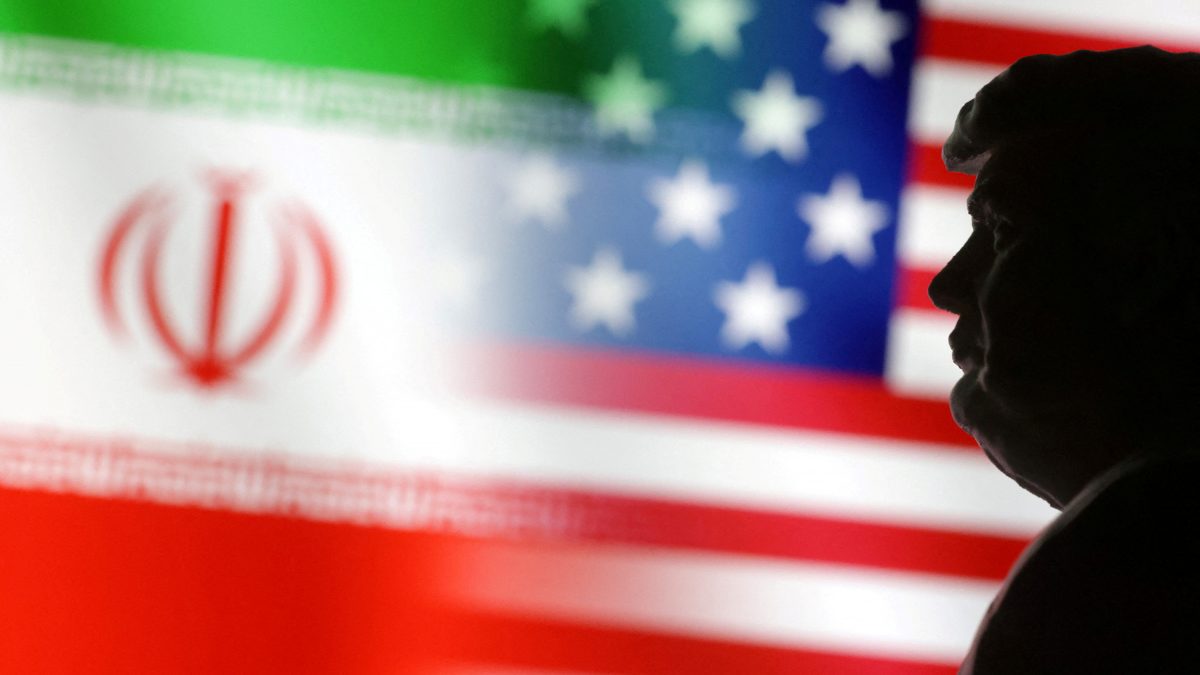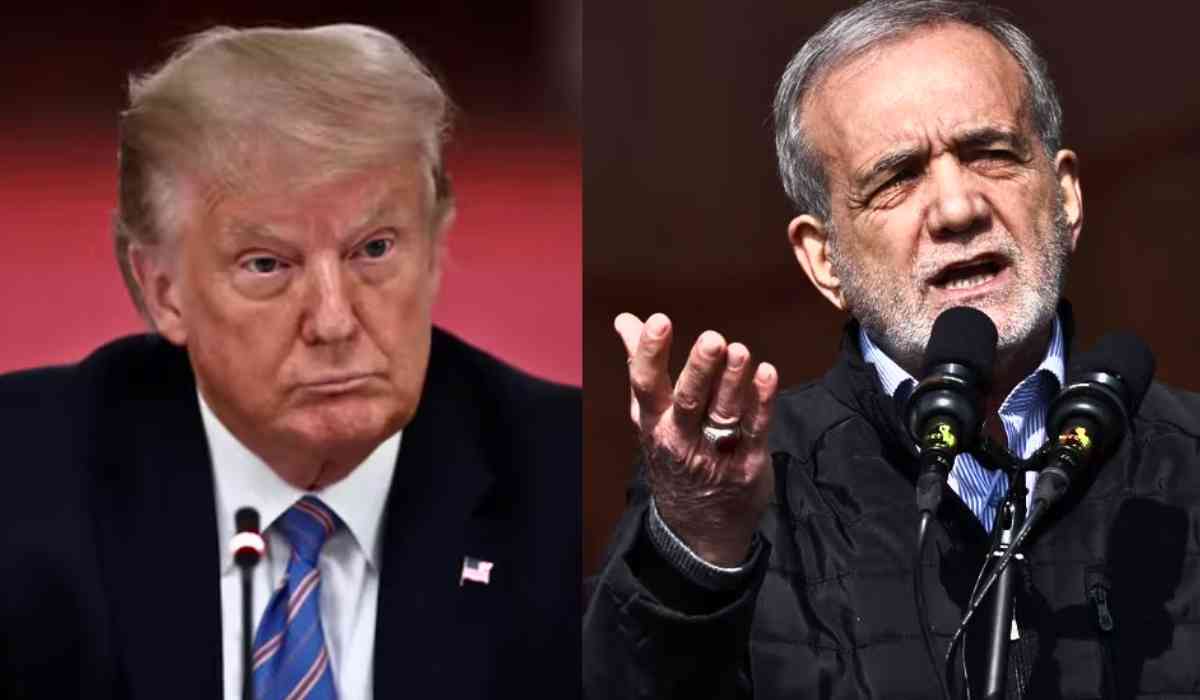Iran has officially rejected direct negotiations with the United States regarding its nuclear program, following a letter from U.S. President Donald Trump. This decision was announced by Iranian President Masoud Pezeshkian on March 30, 2025, and marks a significant moment in the ongoing tensions between the two nations.

Background of the Situation
The relationship between Iran and the U.S. has been rocky for many years, especially after Trump withdrew the United States from the Joint Comprehensive Plan of Action (JCPOA) in 2018. This agreement was designed to limit Iran's nuclear activities in exchange for relief from economic sanctions. Since then, Iran has significantly increased its uranium enrichment, which has raised alarms among Western nations who fear that Iran is seeking to develop nuclear weapons.
In his recent letter to Iran's Supreme Leader Ali Khamenei, Trump proposed direct negotiations to address these concerns. However, this approach has not been welcomed by Tehran. President Pezeshkian stated that while direct talks are off the table, Iran remains open to indirect negotiations facilitated by a third party, specifically Oman, which has historically acted as a mediator between the two countries.
Iran's Position
Pezeshkian emphasized that Iran is not against discussions but believes that trust must be rebuilt first. He mentioned that the U.S. needs to demonstrate its commitment to fulfilling previous agreements to restore confidence. The Iranian government conveyed its response through Oman, indicating a preference for indirect communication rather than direct confrontation.
The Iranian Foreign Minister Abbas Araqchi confirmed that their response included two documents: one outlining Tehran's views on the current global situation and another addressing Trump's proposals directly. This careful approach reflects Iran's desire to keep diplomatic channels open while avoiding direct engagement under what they perceive as "maximum pressure" from the U.S.

Trump's Reaction
In response to Iran's rejection of direct talks, Trump issued stern warnings during an NBC News interview. He stated that if an agreement is not reached soon, there could be severe consequences for Iran, including potential military action. Trump mentioned that he would wait "a couple of weeks" before deciding on further actions such as imposing tariffs or military strikes.
Trump's threats have added tension to an already precarious situation. The U.S. has conducted airstrikes against Iranian-backed groups in Yemen and has warned of military action if Iran does not comply with demands regarding its nuclear program.
Regional Implications
The rejection of direct talks and Trump's aggressive stance could escalate tensions further in the Middle East. The ongoing conflict between Israel and Hamas has already heightened instability in the region, with Israel targeting leaders of groups aligned with Iran. The potential for military conflict looms large as both sides prepare for possible confrontations.
Iran maintains that its nuclear program is intended solely for peaceful purposes and energy generation. However, Western nations remain skeptical and accuse Iran of pursuing a secret agenda to develop nuclear weapons capabilities.
)
Conclusion
The refusal of direct negotiations by Iran signals a continued stalemate in U.S.-Iran relations. While both sides express a willingness to communicate indirectly, the path forward remains fraught with challenges. Trust must be rebuilt on both sides if there is any hope for a resolution to this complex issue.
As tensions rise and military threats loom, it becomes increasingly important for diplomatic efforts to find common ground. The role of mediators like Oman will be crucial in facilitating dialogue and potentially easing tensions in this volatile region.
This situation highlights how international relations can be complicated and how important it is for countries to communicate effectively to avoid misunderstandings that could lead to conflict.
With inputs from agencies
Image Source: Multiple agencies
© Copyright 2025. All Rights Reserved Powered by Vygr Media.

























